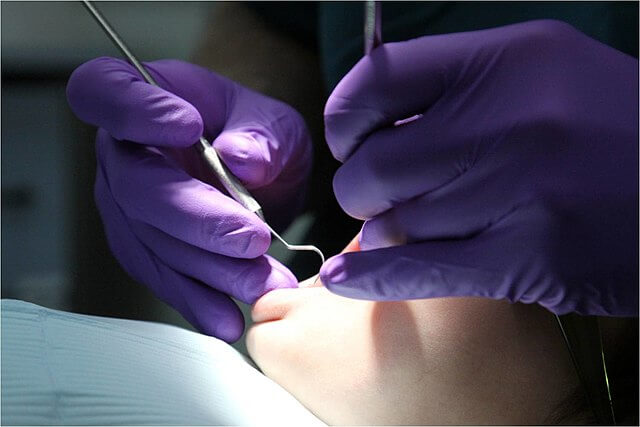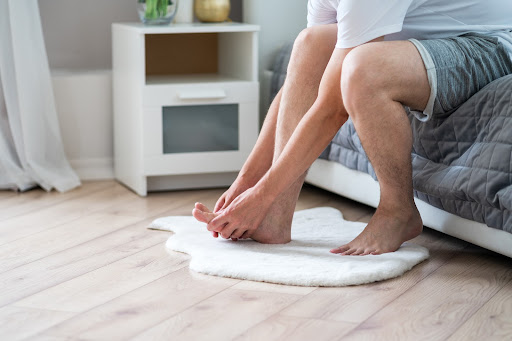Some people sleep well, while others fail to get it. Those who keep changing their sides in bed, hoping to get sleep, have insomnia. One-third of adults have this health issue, and nearly 10% have severe insomnia or a full-fledged disorder. There can be many ways to define this disease, but insomnia is a lack of sleep (difficulty with falling asleep or sleeping enough) in simple terms. Due to sleeplessness, one can feel distressed and lag in daily activities. Please consult a specialist if you don’t get proper sleep thrice a week for a month. You may be suffering from persistent insomnia disease. Since it doesn’t just ruin your energy, professional help is necessary. Otherwise, you can develop problems like weight gain, depression, high BP, obesity, memory loss, and lack of focus. You age faster.
To avoid complications, you need to understand how to treat severe insomnia or prevent its occurrence in the first place. Here is a small glimpse of the same.
Prevention
Prioritize your sleep to fall or stay asleep. Maintain a sleep schedule throughout the week. Sticking to bedtime is as necessary as sleeping 7-9 hours daily. You must tune your brain for this through a set of habits, such as taking a shower before bed, avoiding caffeine and caffeinated drinks, avoiding stimulating exercises and heavy meals, etc. If you face sleeplessness at night, it will be better not to nap in the daytime. Also, take your sleep difficulty seriously. It can create stress and worsen your insomnia.
Diagnosis
Severe insomnia patients should seek medical help without delay. One can choose between mainstream and alternative medicines or use the combination to improve wellness. If someone wants to try natural medicine, they can visit Meettulip.com. These doctors will investigate the cause of your sleepless nights and suggest a comprehensive health plan. You may have to tell them about your sleeping schedule, how long you take to fall asleep, and the quality of your sleep. They may also ask about how much time you spend sleeping in bed. Be ready to share your eating habits, daily activities, and physical and mental health issues.
Treatment
Severe insomnia conditions can improve with your changed approach toward sleep. For instance, constantly thinking about your sleep difficulty can worsen your situation. However, specialists can guide you on how to overcome this. They can talk about relaxation techniques, managing sleep-related disturbed thoughts, calming your mind, etc. Most people avoid taking medications. That’s where natural medicine proves more helpful because there can be less dependency on on-label and off-label drugs. Still, if you take medications, be careful about their side effects or risks. Think about antihistamines. Some medicines can cause headaches and increase your chances of falling at night. These sleep-boosting solutions can tire you, leading to dizziness and daytime sleepiness.
Stress-induced sleep difficulty can resolve with time. However, persistent struggle indicates it’s time to seek professional help. As mentioned, natural medicine doctors can recommend holistic plans for sustainable results. Hence, it can be worth consulting them. They can also help you with an underlying medical condition.







